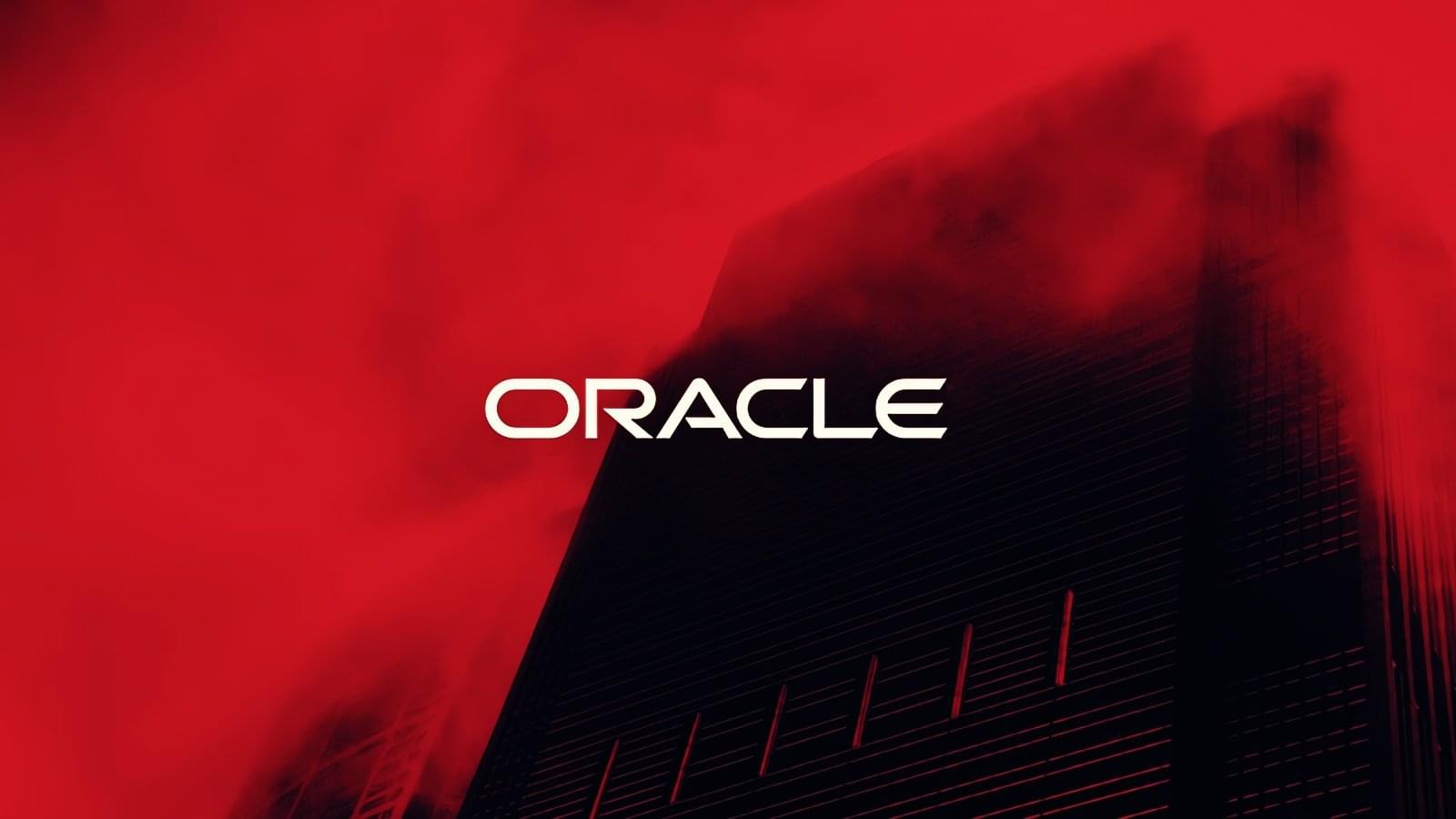Government turns recommendations into requirements as crippling attacks rise


Necrosis Inhibitors To Pause The Diseases Of Aging — Dr. Carina Kern Ph.D. — CEO, LinkGevity
Dr. Carina Kern, Ph.D. is the CEO of LinkGevity (https://www.linkgevity.com/), an AI-powered biotech company driving innovation in drug discovery for aging and resilience loss.
Dr. Kern has developed a new Blueprint Theory of Aging, which takes an integrative approach to understanding aging, combining evolutionary theory, genetics, molecular mechanisms and medicine, and is used to structure LinkGevity’s AI.
Dr. Kern’s labs are based at the Babraham Research Campus, affiliated with the University of Cambridge and her research has led to the development of a first-in-class necrosis inhibitor targeting cellular degeneration (Anti-Necrotic™). This novel therapeutic is ready to begin Phase II clinical trials later this year, as a potential breakthrough treatment for aging, with UK Government, Francis Crick Institute KQ labs, and European Union (Horizon) support.
The Anti-Necrotic™ has also been selected as one of only 12 global innovations for NASA’s Space-Health program, recognizing its potential to mitigate accelerated aging in astronauts on long-duration space missions.


The U.S. Cybersecurity & Infrastructure Security Agency (CISA) is warning government agencies to patch an Oracle Identity Manager tracked as CVE-2025–61757 that has been exploited in attacks, potentially as a zero-day.
CVE-2025–61757 is a pre-authentication RCE vulnerability in Oracle Identity Manager, discovered and disclosed by Searchlight Cyber analysts Adam Kues and Shubham Shahflaw.
The flaw stems from an authentication bypass in Oracle Identity Manager’s REST APIs, where a security filter can be tricked into treating protected endpoints as publicly accessible by appending parameters like?WSDL or ;.wadl to URLpaths.

For years, Rick Stevens, a computer scientist at Argonne National Laboratory, pushed the notion of transforming scientific computing with artificial intelligence.
But even as Mr. Stevens worked toward that goal, government labs like Argonne — created in 1946 and sponsored by the Department of Energy — often took five years or more to develop powerful supercomputers that can be used for A.I. research. Mr. Stevens watched as companies like Amazon, Microsoft and Elon Musk’s xAI made faster gains by installing large A.I. systems in a matter of months.


US government agencies are warning that the Akira ransomware operation has been spotted encrypting Nutanix AHV virtual machines in attacks.
An updated joint advisory from CISA, the FBI, the Department of Defense Cyber Crime Center (DC3), the Department of Health and Human Services (HHS), and several international partners alerts that Akira ransomware has expanded its encryption capabilities Nutanix AHV VM disk files.
The advisory includes new indicators of compromise and tactics observed through FBI investigations and third-party reporting as recent as November 2025.

Doug Philippone, co-founder of Snowpoint and former head of global defense at Palantir, will also join Valar’s board of directors.
Valar is one of several nuclear startups that hopes to benefit from President Trump’s push to deploy new reactor technology in the U.S. by cutting regulations and accelerating approvals.
Based outside Los Angeles, Valar is one of several reactor developers and states that are suing the Nuclear Regulatory Commission over its licensing process for small reactor designs. The parties to the suit are seeking a resolution with the NRC in the wake of Trump’s executive order that would overhaul the regulator. The case has been temporarily paused due to the government shutdown.

In an effort to address these ethical grey areas, 17 leading scientists and bioethicists from five countries are urging the establishment of an international oversight body to monitor advances in the rapidly expanding field of human neural organoids and to provide ethical and policy guidance as the science continues to evolve. The call to action, published Thursday in Science, comes as U.S. government agencies are making new investments in organoid science aimed at accelerating drug discovery and reducing reliance on animal models of disease.
In September, the National Institutes of Health announced $87 million in initial contracts to establish a new center dedicated to standardizing organoid research. The move followed an earlier pledge by both the NIH and the Food and Drug Administration to reduce, and possibly replace, testing on mice, primates, and other animals with other methods — including organoids and organ-on-a-chip technologies — for developing certain medicines.
Government promotion of human stem cell models more broadly will only increase the recruitment of new researchers into the field of neural organoids, which has seen an explosion from a few dozen labs a decade ago to hundreds around the world now, said Sergiu Pasca, a pioneering neuroscientist and stem cell biologist at Stanford University who co-authored the Science commentary.

What if instead of replacing us in our jobs, AI-enabled robots were to help us become the best versions of ourselves? Prompted by the ageing crisis and a projected shortfall of carers, a research team in Japan is seeking to create a new robotic paradigm, where AI-enabled robots help us to help ourselves.
“By 2050, I’d like to realize a smarter, more inclusive society, where everyone will be able to use AI robots anytime and anywhere,” says Yasuhisa Hirata, a mechanical engineer at Tohoku University in Sendai, Japan1. Hirata is the project manager on the ‘Adaptable AI-enabled Robots to Create a Vibrant Society’ project of the Japanese Government’s Moonshot Research and Development Program.
He envisages future AI-enabled robots functioning somewhere between a carer and a coach — a tool that can provide support, but which makes users feel as though they are performing tasks independently rather than being assisted by a robot. Such tasks might range from people standing up out of a chair, lifting a heavy object, or expressing themselves through dance.